Are you dreaming of having a thriving blueberry patch in your garden? Blueberries are not only delicious, but also packed with health benefits. To achieve a bountiful harvest, one of the best-kept secrets is companion planting.
By surrounding your blueberry bushes with plants that have compatible growing requirements and offer mutual benefits, you can create a thriving ecosystem that promotes healthy growth and abundant fruit production.
In this comprehensive guide, we will unveil the best blueberry companion plants to maximize your garden's potential. From herbs, fruits, and flowers to trees and shrubs, we've got you covered.
Get ready to discover a world of possibilities and create a blueberry haven that will be the envy of your neighborhood!
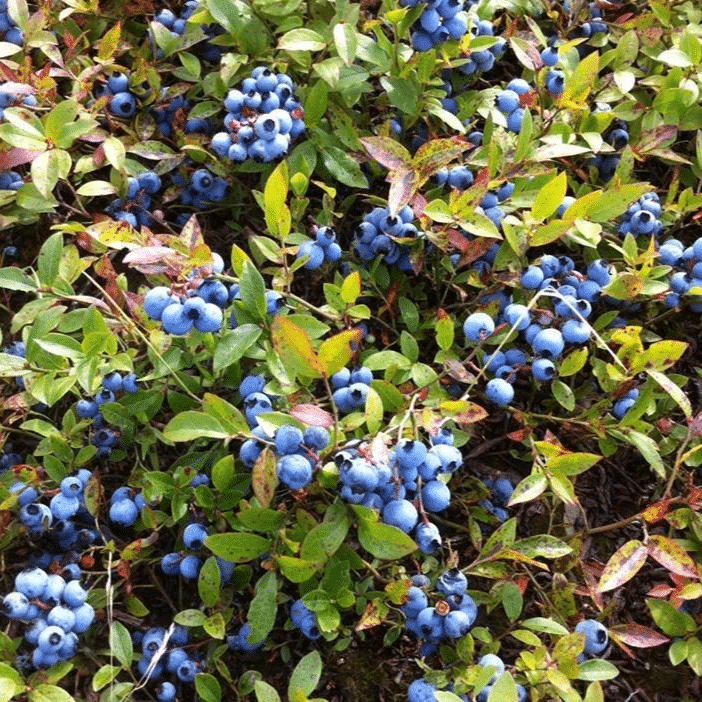
Short Summary
Herbs, fruits and flowers can be used to improve the health of blueberry bushes.
Trees and shrubs such as pine, oak, lilac and maple should also be considered for companion planting.
Avoid incompatible companions like nightshades, brassicas and melons to ensure optimal growth of blueberries.
Top Blueberry Companion Plants
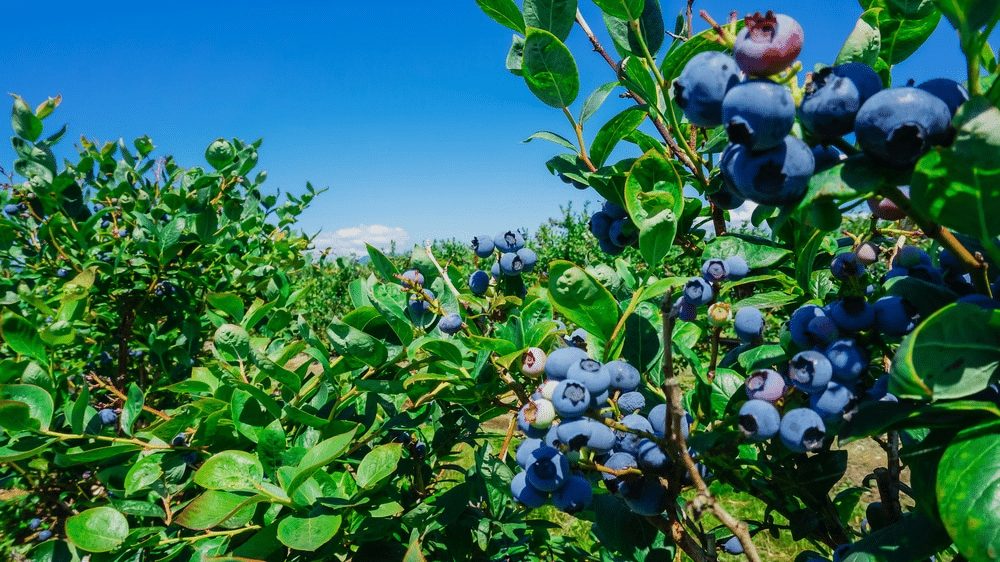
Blueberries are versatile plants that can benefit from a variety of companion plants. Herbs, fruits, and flowers are commonly used as companions for blueberry plants and can have a significant impact on the overall health and productivity of your blueberry bushes.
These companions thrive in similar acidic soil conditions, moist soil, and have comparable cultivation needs, making them the best blueberry companion plants.
Companion planting not only adds visual appeal to your garden, but also improves soil structure, augments organic matter, and deters weeds for blueberry shrubs.
Some popular cover crops recommended by Cornell University for blueberry companion planting include buckwheat, annual field brome, marigolds, and ryegrass.
Let's delve deeper into the world of herbs, fruit, and flowering companions for blueberries.
Herbs as Companions
Herbs are excellent companions for blueberries, as they attract pollinators, repel pests, and enhance soil health. Borage, thyme, sage, and dill are particularly appropriate for companion planting with blueberries, offering various benefits to your blueberry bushes.
Borage, for example, is an annual herb that attracts pollinators, suppresses weeds, and prevents pests and diseases, making it a beneficial companion plant for blueberries. Thyme acts as a ground cover, protecting blueberries while repelling pests, thanks to its strong aroma.
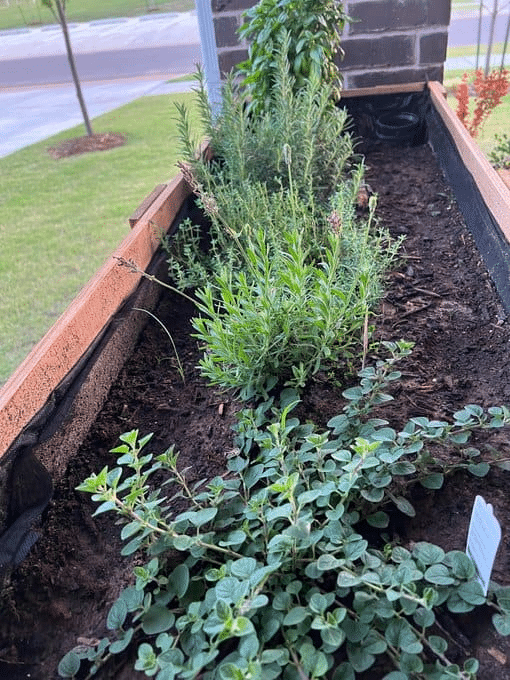
Sage and dill also contribute to natural pest management, helping to create a healthy blueberry garden. With these herbs by their side, your blueberries will be well-protected and ready to flourish.
Fruit Companions
Fruits like strawberries, cranberries, and raspberries also make good companions for blueberries. These fruit companions share similar soil requirements and can act as ground covers, helping to suppress weeds and creating a visually appealing garden.
Strawberries, for instance, can serve as a ground cover, inhibiting the growth of weeds while providing a vivid aesthetic with their vibrant red fruits. Both blueberries and cranberries prefer a pH range between 4.0 and 5.0, making them ideal companions.
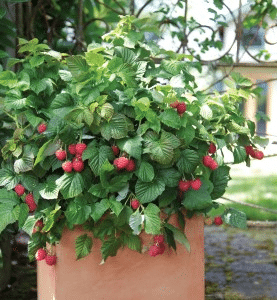
Raspberries, like strawberries, can serve as a form of ground cover, hindering weed growth, and showcasing their vibrant red fruits. Growing these fruit companions together will not only create a visually stunning garden, but also ensure a healthy and bountiful harvest.
Flowering Companions
Flowering companions like lilacs, azaleas, and rhododendrons can provide visual appeal and attract pollinators to your blueberry bushes. These flowering plants can be a perfect addition to your garden, creating a beautiful landscape while benefiting your blueberries.
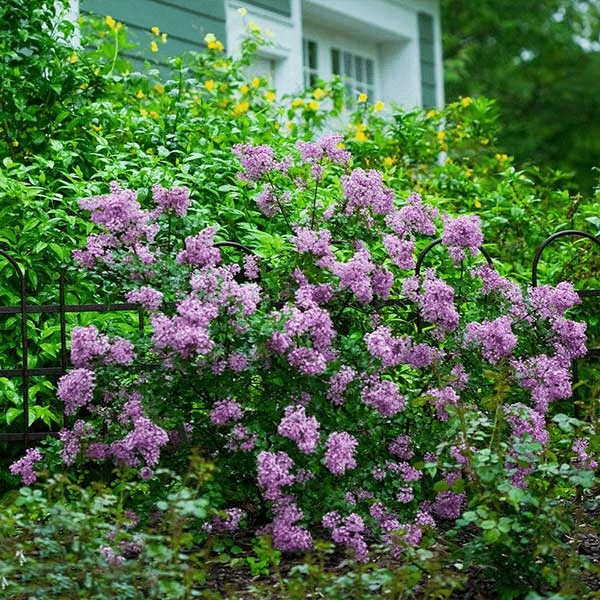
For example, lilacs draw in pollinators, helping to ensure a successful blueberry harvest.
Azaleas favor acidic soil and bloom concurrently with blueberries, providing shade during hot summer months.
Rhododendrons also thrive in acidic soil and bloom in spring, coinciding with blueberry flowering and attracting crucial pollinators.
When choosing flowering companions for your blueberries, remember to consider the shade they provide and ensure adequate spacing to prevent competition for water and light.
Trees and Shrubs for Blueberry Companions
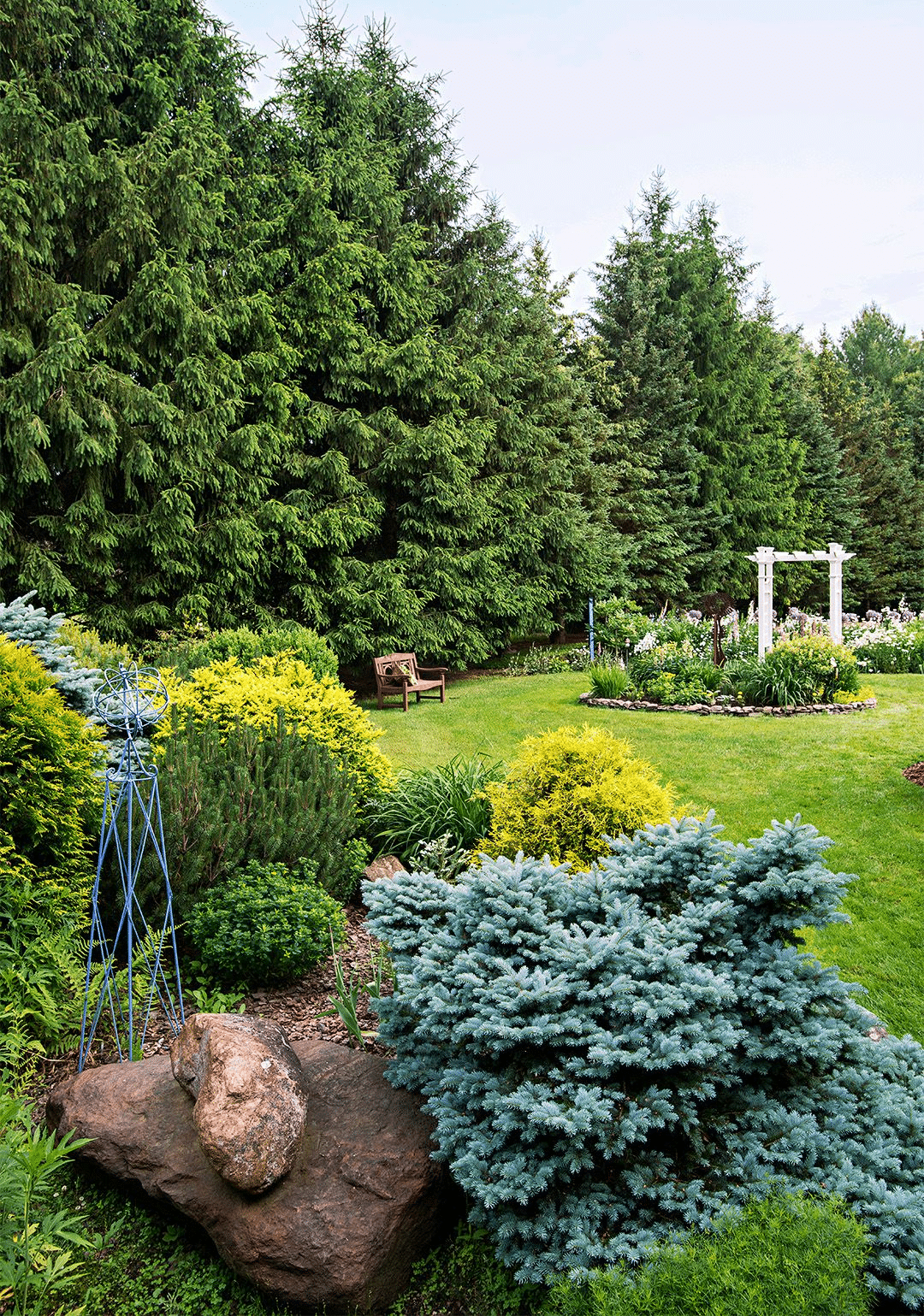
Apart from herbs, fruits, and flowers, trees and shrubs can also be used as companion plants for blueberries. Evergreen trees such as pine trees and oak trees, as well as lilacs and other flowering trees, can contribute to a thriving blueberry garden.
In the following sections, we will explore the benefits of incorporating evergreen and deciduous trees into your blueberry companion planting strategy.
Evergreen Trees
Evergreen trees like pine and oak trees provide shade and protection from strong winds, making them ideal companions for blueberries. Pine trees, in particular, can assist in deterring pests and offer a protective mulch that restricts weeds.
When planting evergreen trees as blueberry companions, it is essential to ensure that blueberries have adequate space so they do not become completely overshadowed.
Choosing the right evergreen trees and providing enough room for both the trees and blueberries to grow will result in a harmonious and fruitful garden.
Deciduous Trees
Deciduous trees such as maple and birch trees can also be beneficial for blueberries. These trees offer seasonal color and attract beneficial insects, adding visual appeal and promoting a healthy environment for blueberries to thrive.
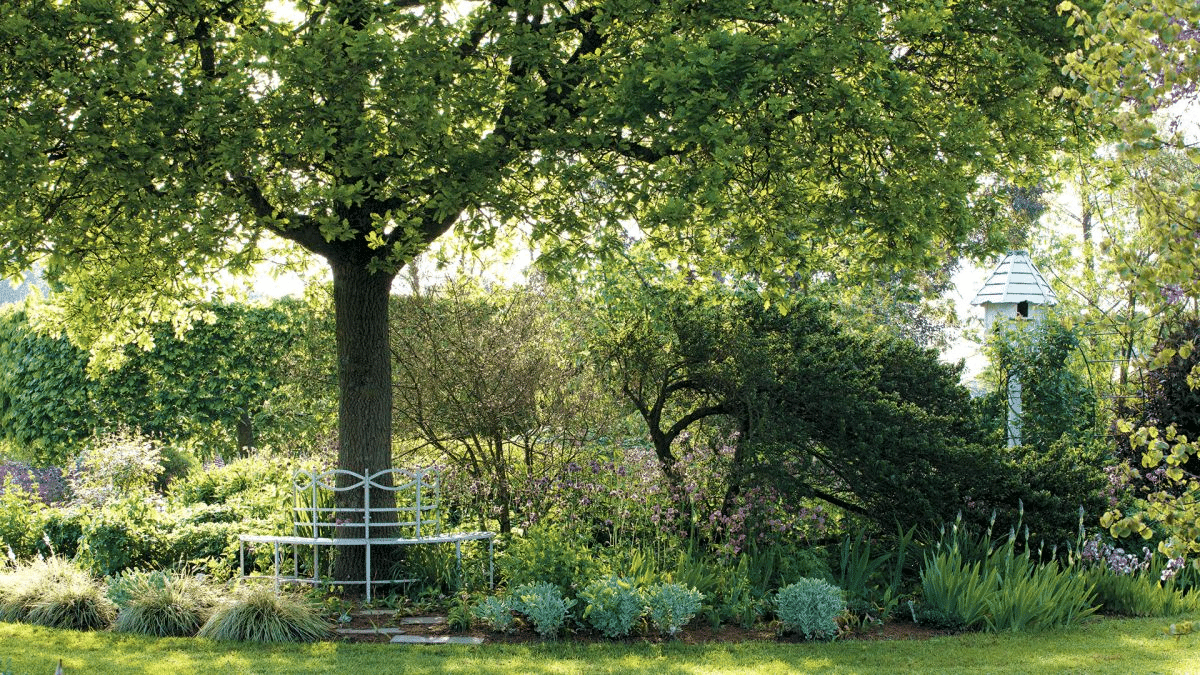
Maple, birch, and oak trees are particularly advantageous for blueberries, providing shade and attracting pollinators. Incorporating deciduous trees in your blueberry companion planting strategy will help create a beautiful, diverse, and productive garden.
Companion Planting in Containers
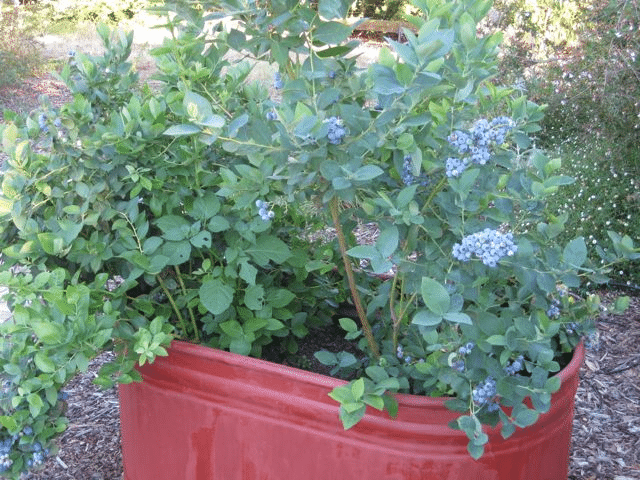
Companion planting in containers is a great way to maximize space and create a mini blueberry cocktail garden. By selecting the right companion plants and ensuring proper care, you can enjoy the benefits of companion planting even in small spaces.
In the following sections, we will discuss container-friendly herbs and edible companions for blueberries.
Container-friendly Herbs
Several herbs are well-suited for growing alongside blueberries in containers. Basil, parsley, and comfrey are all suitable for container gardening and can be grown with blueberries to create a flourishing edible garden in a small space.
When cultivating herbs in containers, it is essential to ensure that the container has sufficient drainage and that the herbs are watered consistently.
Providing adequate sunlight and fertilizing regularly will help your container garden thrive, benefiting both your blueberries and their herbal companions.
Edible Companions
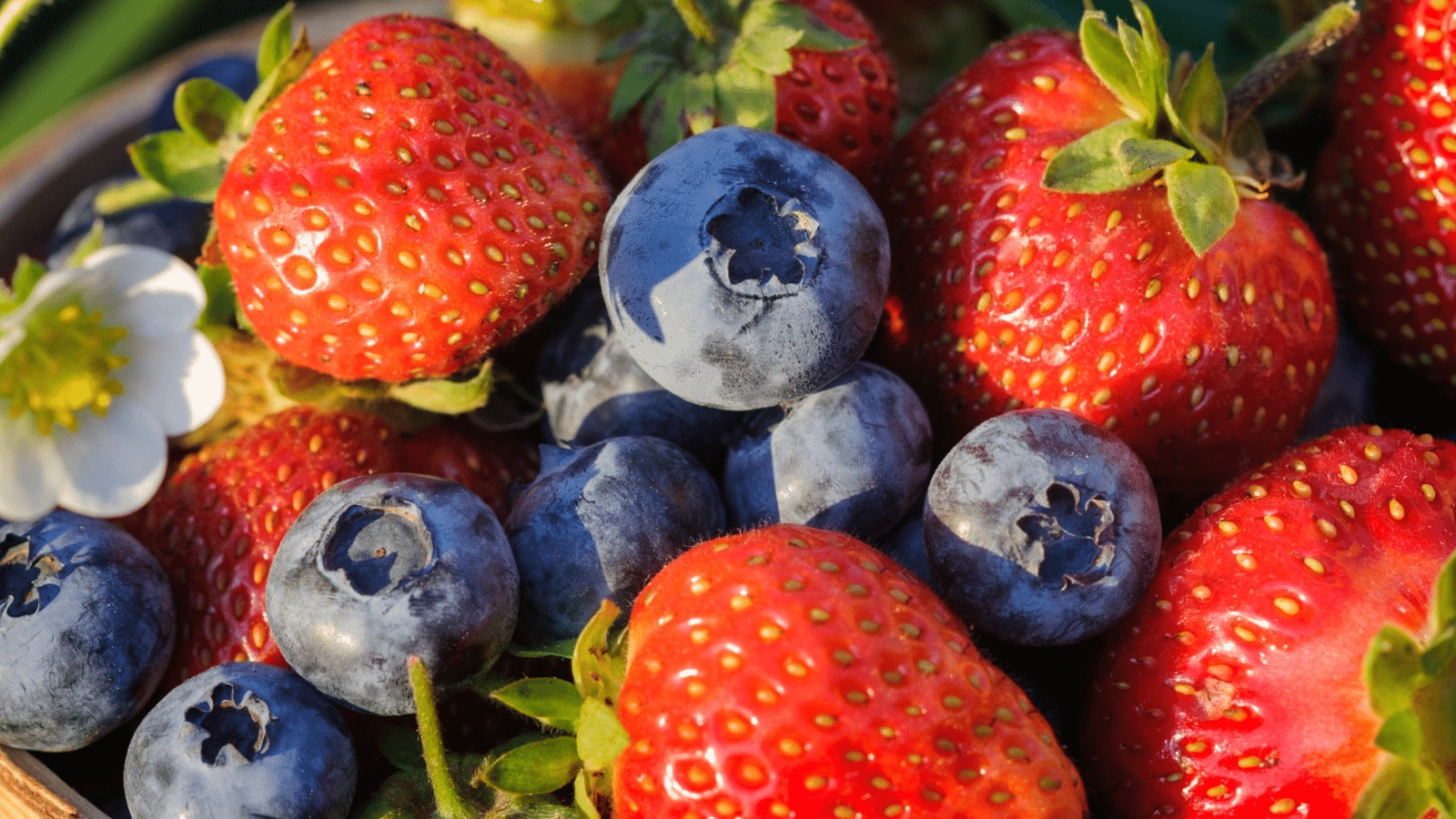
Edible companions like strawberries and blueberries can be grown together in containers, creating a visually appealing and fruitful garden in a compact space. These plants share similar growing requirements, making them ideal companions for each other in a container garden.
To ensure the success of your container garden, choose containers with good drainage and provide consistent watering and fertilization. With proper care, your container garden will be a bountiful source of delicious and healthy fruit.
Avoiding Incompatible Companions
While companion planting offers many benefits for blueberries, it is essential to avoid certain plants that can compete with blueberries for nutrients and render the soil less conducive to blueberry growth.
In the following sections, we will discuss some of the plants that should not be planted near blueberry bushes, such as nightshades, brassicas, and melons.
Nightshades
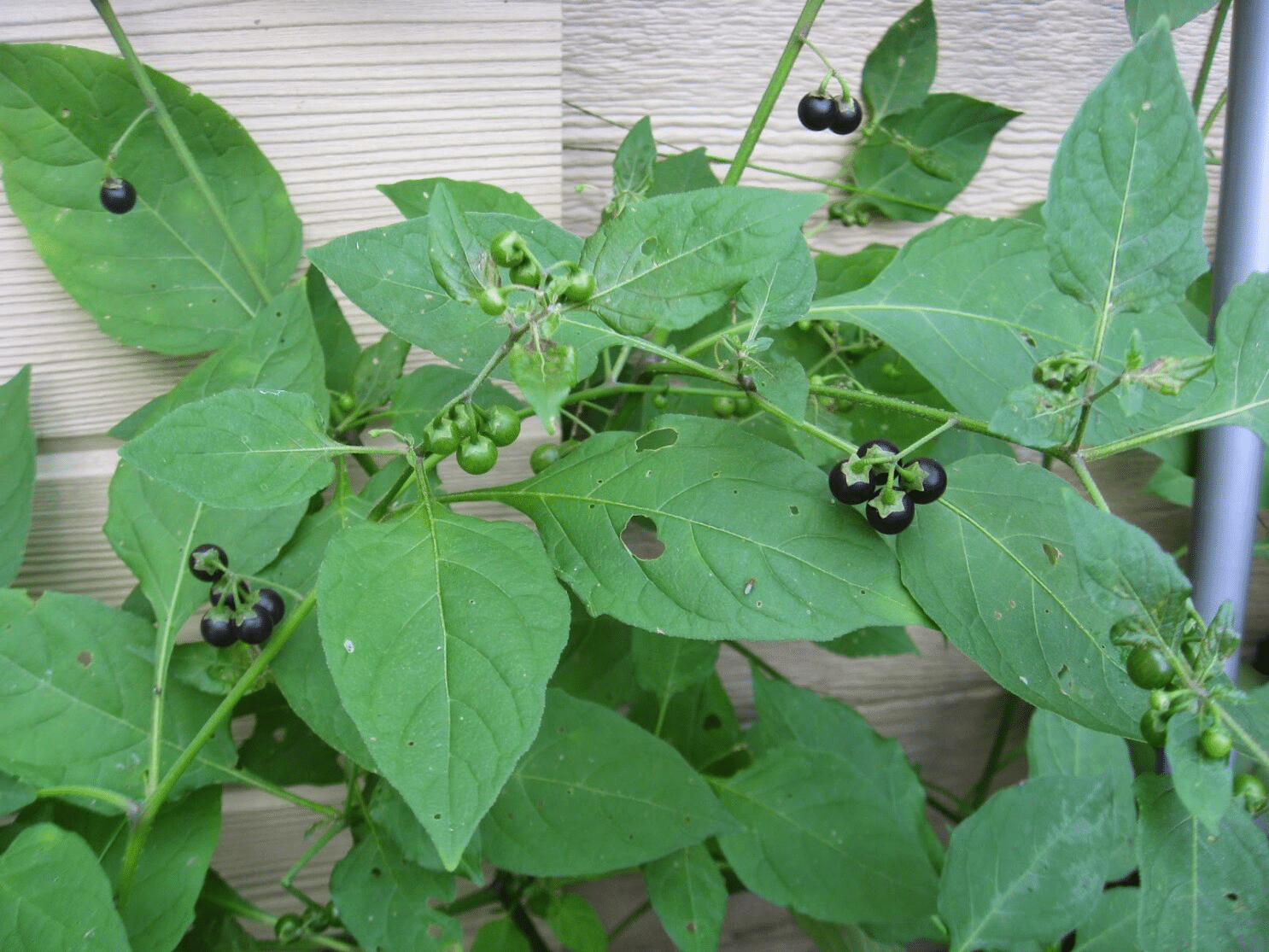
Nightshades, including potatoes, tomatoes, and eggplants, should not be planted near blueberries due to their different soil pH requirements. These plants prefer a higher soil pH, which is not suitable for blueberries and can hinder their growth.
By avoiding nightshades when companion planting with blueberries, you can ensure that your blueberry bushes receive the appropriate soil conditions and nutrients they need to thrive.
Brassicas
Brassicas like kale, cabbage, Brussels sprouts, and cauliflower should not be planted near blueberries due to the competition for nutrients and different pH requirements. Brassicas have substantial nutrient requirements and distinct pH requirements compared to blueberries, which can affect the health of your blueberry plants.
By avoiding brassicas in your blueberry companion planting strategy, you can ensure that your blueberries receive the nutrients they need without competition from these nutrient-hungry plants.
Melons
Melons, such as watermelons, cantaloupes, and honeydew melons, should not be planted near blueberry bushes due to their different nutrient requirements and soil pH levels. These plants have specific growing conditions that are not compatible with blueberries and can negatively impact their growth and fruit production.
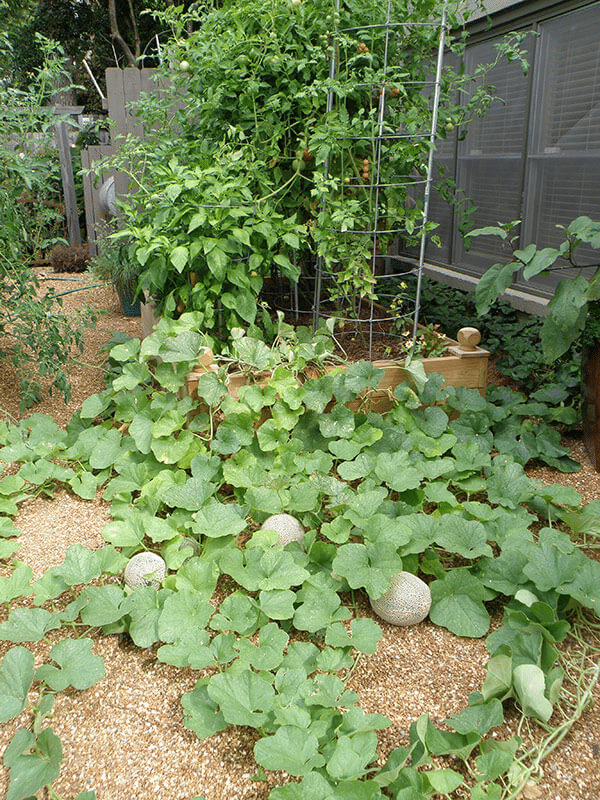
By steering clear of melons when companion planting with blueberries, you can create a garden environment that is tailored to the specific needs of your blueberry bushes, ensuring their success and a bountiful harvest.
Planting Blueberries: Tips and Tricks
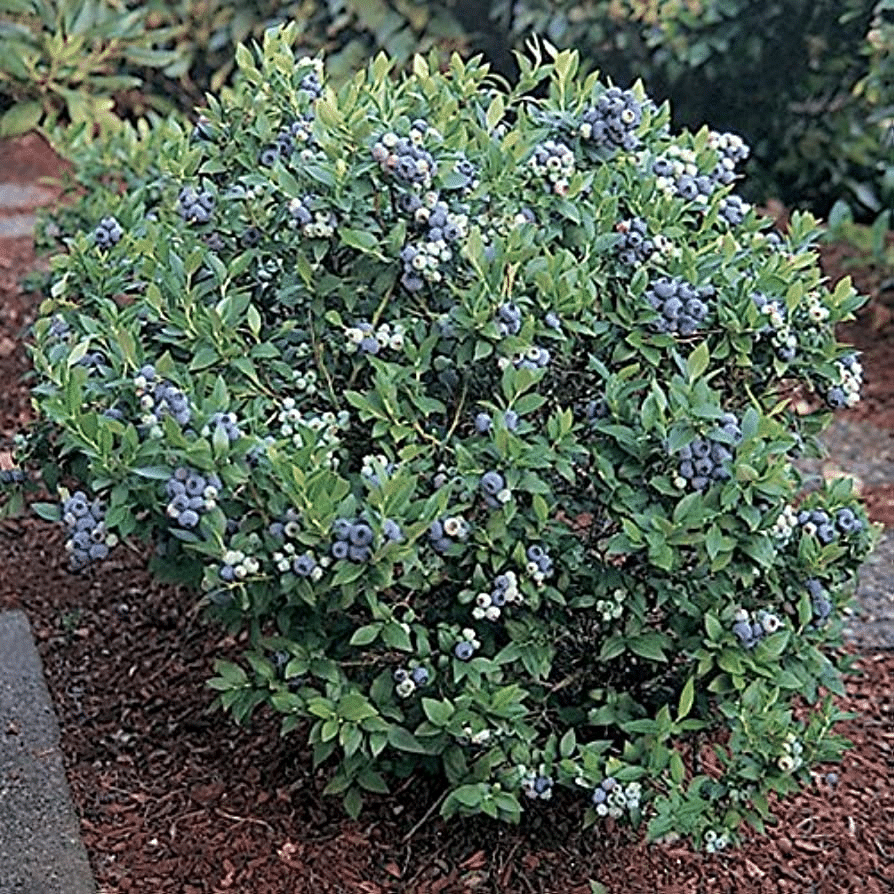
Planting blueberries can be a rewarding endeavor, but there are a few key tips and tricks to keep in mind. First and foremost, blueberries require full sun, well-drained soil enriched with organic matter, and a soil pH between 4.5 and 5.0. Ensuring these conditions will set the stage for a successful blueberry garden.
Companion planting is another essential factor in the success of your blueberry garden. Choosing the right companion plants, such as raspberries, strawberries, and the various herbs, trees, and shrubs discussed in this guide, can greatly improve the health and productivity of your blueberry bushes.
At the same time, make sure to avoid incompatible plants like nightshades, brassicas, and melons to prevent competition for nutrients and adverse effects on soil pH.
Finally, don't forget to monitor and adjust your soil pH regularly, using pH strips or a pH meter. This will help you maintain the ideal growing conditions for your blueberries, ensuring a fruitful harvest year after year.
Summary
In conclusion, companion planting can significantly enhance the health, productivity, and visual appeal of your blueberry garden.
By selecting the right companion plants, such as herbs, fruits, flowers, trees, and shrubs, and avoiding incompatible plants, you can create a thriving ecosystem where your blueberries can flourish.
Remember to provide the appropriate growing conditions for your blueberries, including full sun, well-drained soil, and the right soil pH. By following these tips and tricks, you'll be well on your way to cultivating a beautiful, bountiful blueberry garden that will be the talk of the town.
Happy gardening!
Frequently Asked Questions
What should you not plant next to blueberries?
It is not recommended to plant nightshade vegetables such as tomatoes, potatoes and peppers close to blueberry bushes as these plants have different soil pH requirements.
Additionally, it is unwise to grow melons or salad greens like lettuce nearby. Thus, careful consideration should be given when selecting companion plants for blueberries.
Taking the time to plan carefully will ensure the best growth of your blueberry bushes.
What should I plant next to my blueberry bushes?
For optimal growing conditions, it's recommended to plant companion plants like azaleas and lilacs next to your blueberry bushes for protection from the sun and attracting pollinators. These flowers offer shade, attractive blooms, and thrive in acidic soil that blueberries favor.
What is the best cover crop for blueberries?
For blueberries, the best cover crop is annual rye, as it suppresses weed growth and increases organic matter for soil. This will allow the blueberry plants to take root and thrive without competition from weeds.
Can I plant marigolds next to blueberries?
It is generally recommended to plant marigolds near blueberries as they can help keep many pests away and thus prevent damage to the bushes. Planting citronella or lemongrass alongside the blueberry bushes can also be helpful for pest control.
Therefore, planting marigolds next to blueberries is a great option.





No Comments